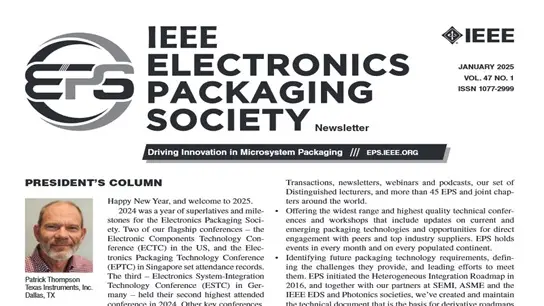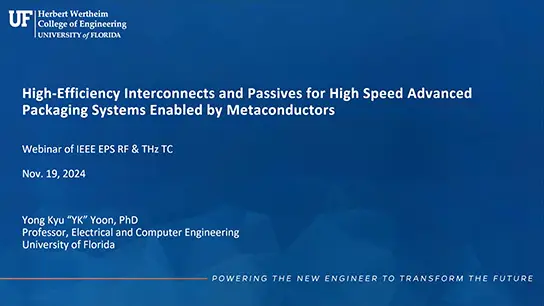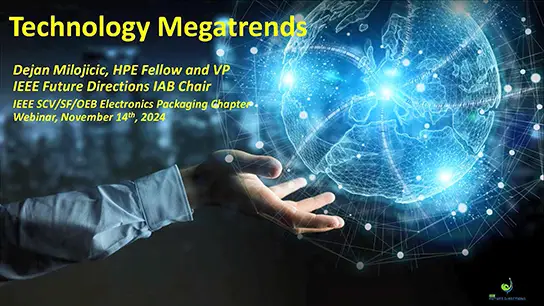-
Members: FreeEPS
IEEE Members: Free
Non-members: FreeLength: 01:05:22
01 Jan 2021
Abstract: Autonomous driving is another great paradigm shift in the 100-year history of the automobile industry; it will redefine the rules of this industry. The role of car OEMs likely will transform from a traditional car manufacturer to a Robo-taxi service business provider. Robo-taxi has the potentials to solve many traffic and transportation issues, such as accessibility, efficiency, convenience, cost, carbon emission, and especially safety. It is regarded as an inevitable trend full of opportunities and challenges. In this presentation, we will introduce our newly developed AV hardware qualification methodology to rigorously qualify AV modules/components, as well as some technical lessons learned during our qualifications. First, the mission profiles of robo-taxi, consumer EV and conventional consumer gasoline vehicle will be compared. Due to the differences of use cases among them, it is pointed out that the existing industry standards developed for qualifying conventional vehicles might need to be tailored for the qualification of robo-taxi vehicles. Second, how to develop a customized mission profile for AV applications specifically for its deployment location will be discussed. By instrumenting vehicles with accelerometers and thermocouples at various key locations, and leveraging historical weather station big data, various realistic mission profiles covering vibration, temperature cycling, humidity, and UV irradiation on the basis of operational design domain can be obtained. This kind of customized mission profile can lead to an optimization of reliability versus AV total life cycle cost so to avoid under-design or over-design. Third a GMW3172-based AV qualification methodology tailed by customized AV mission profiles to quantitatively and qualitatively assure the durability of AV modules/components under various mechanical and environmental stresses will be discussed. An effective approach to mitigate low sample size and short test duration, which always are two of the most common challenges during qualifications, will also be introduced. Finally, some hardware failures with their root cause analysis and risk assessments during AV qualifications will be presented. Various rel testing failure modes including liquid cooling coldplate buckling during high temperature degradation, heat-pipe deformation due to freezing state and gravity effect during temperature cycling, compute MoBo MOS burnt failure during shock/vibe, down-selection of camera connector sealing material, CMC wire open caused by thermal shock stress, camera lens detachment due to salt mist ingression, in-vehicle display UV irradiation induced luminance degradation and its modeling, fatigue cracking of a Lidar bracket, commutator bushing wearout failure during random vibration, EMC failure of ethernet switch board, PCB board corrosion due to contamination, and IP5K2 risk assessment of TANG module enclosure will be discussed.
Bio: Fen Chen received his Ph.D. degree in Electrical Engineering in 1998 from the University of Delaware. From 1997 to 1998, he was with Intel Component Research in Santa Clara as a graduate intern working on IC interconnect reliability. He joined IBM microelectronics at Essex Junction, VT in 1998 and worked on semiconductor technology reliability issues until 2015. From 2015 to 2019, he worked for Apple Inc in Cupertino as a senior reliability engineer focusing on qualifications of various consumer electronic products. In 2019, he joined Lumileds in San Jose as the director of quality and reliability and was responsible for qualifying novel uLED MCM products for automotive applications. After 6-months of work at Lumileds, he joined GM Cruise in 2019 as a senior staff reliability/validation engineer, and has been working on validations of electronic, optical and electromechanical modules for groundbreaking Cruise AV hardware systems since then. He holds more than 55 patents and has published over 60 technical papers/invited talks In various journals and conference proceedings.


